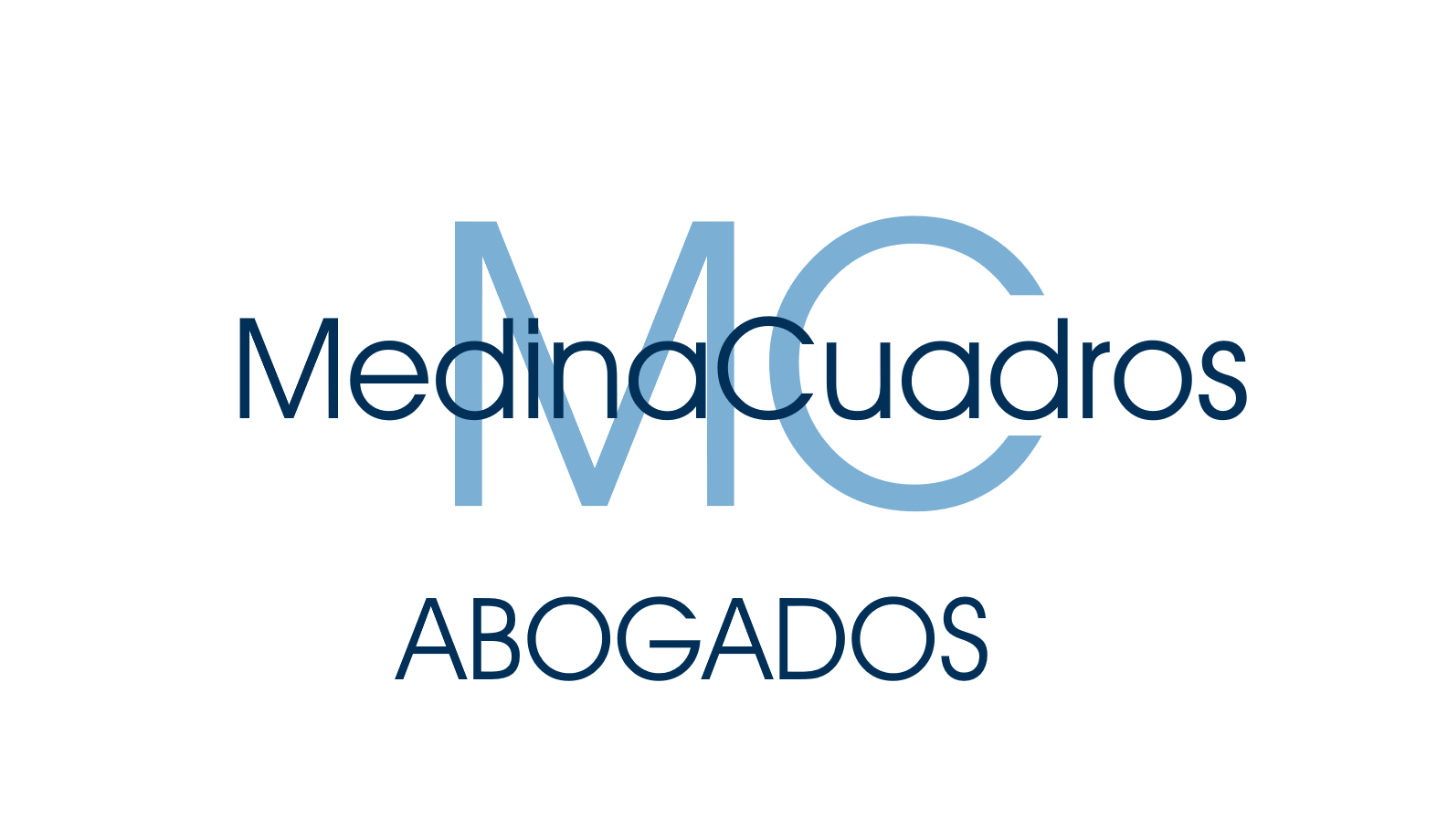It concluded the II Congress of the Madrid Bar Association with satisfaction on the part of the event organizers who fully complied with the expectations and objectives set.
Medina Cuadros was among the more than 1,500 congressmen who attended any of the 55 working sessions that were celebrated throughout the days April 25 and 26 in it Municipal Congress Palace of Madrid. Distinguished members of the judiciary such as Judge Eloy Velasco, in addition to José Antonio Marina, Pedro Duque or Javier Tebas were some of the speakers who contributed with their interventions to enrich this meeting and make it a reference in the legal field.
More than 100 journalists were accredited to follow the event, an important detail to show the interest it generated not only in the legal field, but also among the general public.
This second Congress It was inaugurated with the words of the dean of the Madrid Bar Association, Sonia Gumpert, accompanied by the President of the Community, Cristina Cifuentes, who was committed to continuing to improve the situation of the profession and the Administration of Justice in the capital.
The doyenne, showed his satisfaction upon verifying the consolidation of this forum and highlighted the importance of the legal profession in the current situation "of adjustments, consensus, and reforms. There are clear signs that adjustments need to be made to the administration of justice to achieve greater credibility among citizens. During this period, the legal profession must occupy a prominent place to achieve, through broad consensus and collaboration, far-reaching changes."
One of the highlights of the Congress coincided with the presence of Eloy Velasco, investigating judge of Operation Lezo, who participated in the panel: “The role of the Prosecutor’s Office in the investigation of crimes.” Surrounded by cameras and journalists, with the room packed, he gave a master class on criminal investigation: "In 99 percent of normal cases, it wouldn't make any difference whether the investigation was conducted by a judge or a prosecutor. The problem lies in the remaining 1 percent. "The cases in which politicians and powerful people are investigated and prosecuted," he said.
For the head of the Central Investigation Court number 6 of the National Court “More important than the investigation and discovery phase through the practice of proceedings is the final decision. When you have a collection of evidence and proof, you decide whether or not to proceed to trial. That is, whether something is dismissed or proceeds to prosecution. That's the only major trial that takes place. And that's what judging is.”
Rafael Catalá, Attorney general, He was in charge of closing the Congress, Catalan announced, among other measures, a future Court Fees Law, in line with the Constitutional Court's ruling in the summer of 2016, which states that court fees can never be an obstacle to access to justice.
As for the Law on Access to the Legal ProfessionThe Minister of Justice's own idea is to change the examination for this profession, which is now a mere test, not very consistent with all the studies and tests that young lawyers undergo. "We need to consider some changes for next year. Perhaps it's time for the Bar Associations to take charge of this issue and administer this entrance exam, which is the same, with the same difficulty anywhere in the country." Indian.
About the Free Legal Aid Law, the minister Catalan does not believe that a new law is necessary, “But above all, we need to improve management systems so we can pay sooner.”
Javier Íscar de Hoyos, a member of the Bar Association, was responsible for closing the 2nd Congress of the Madrid Bar Association. In his closing remarks, he emphasized that "The Madrid bar and its Bar Association are a safe haven, with a capacity for legal defense comparable to the best law firms in the world."


Recent Comments